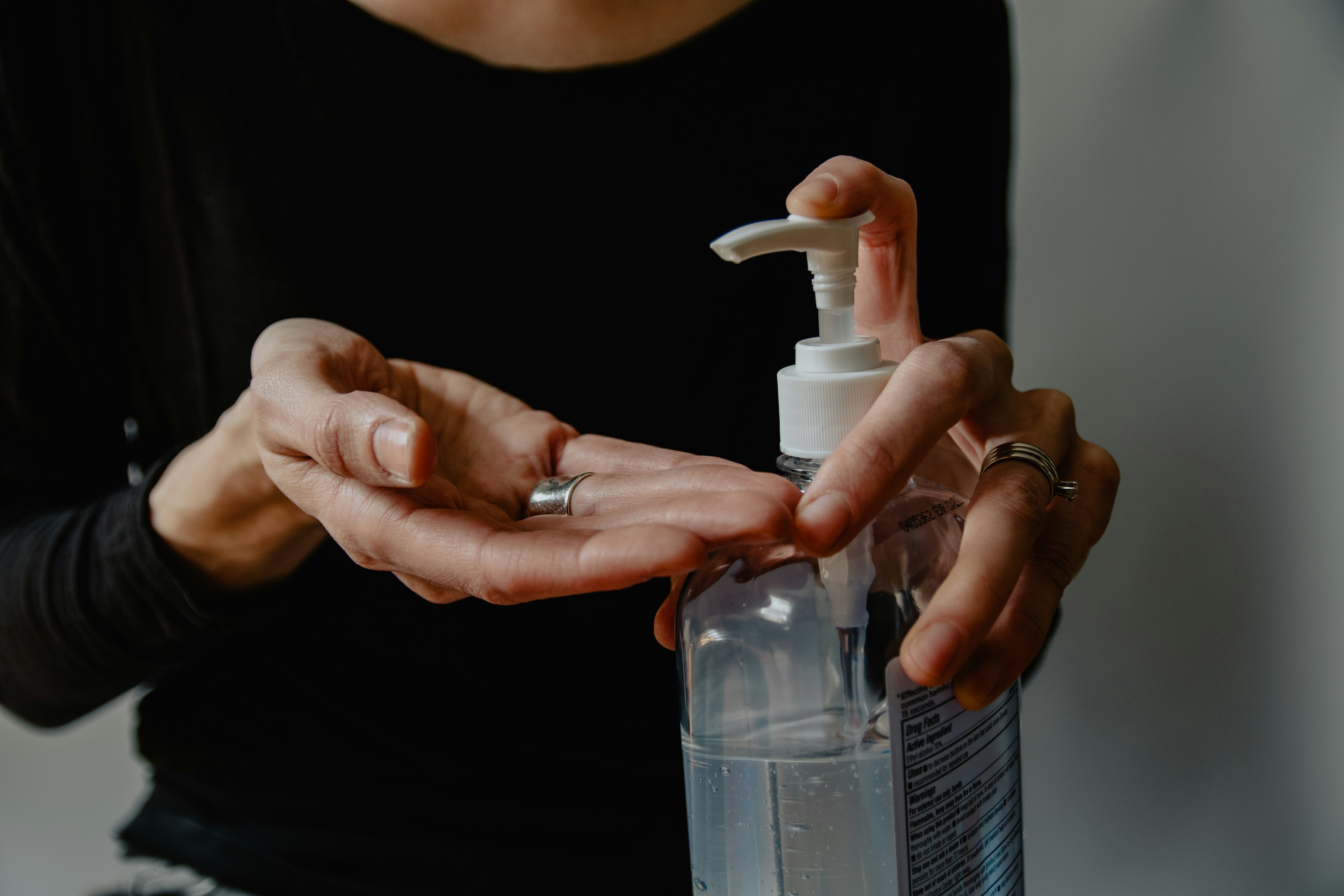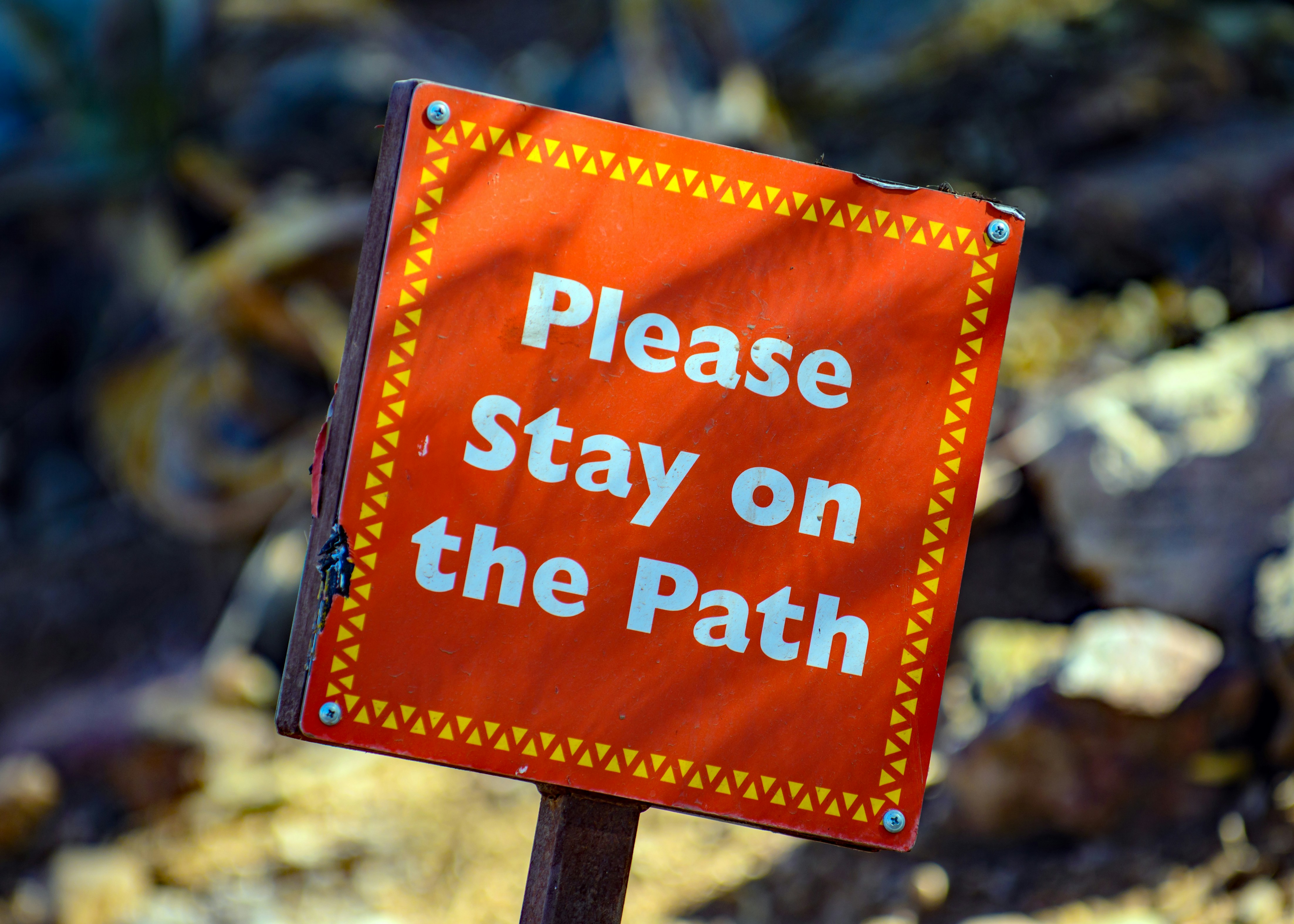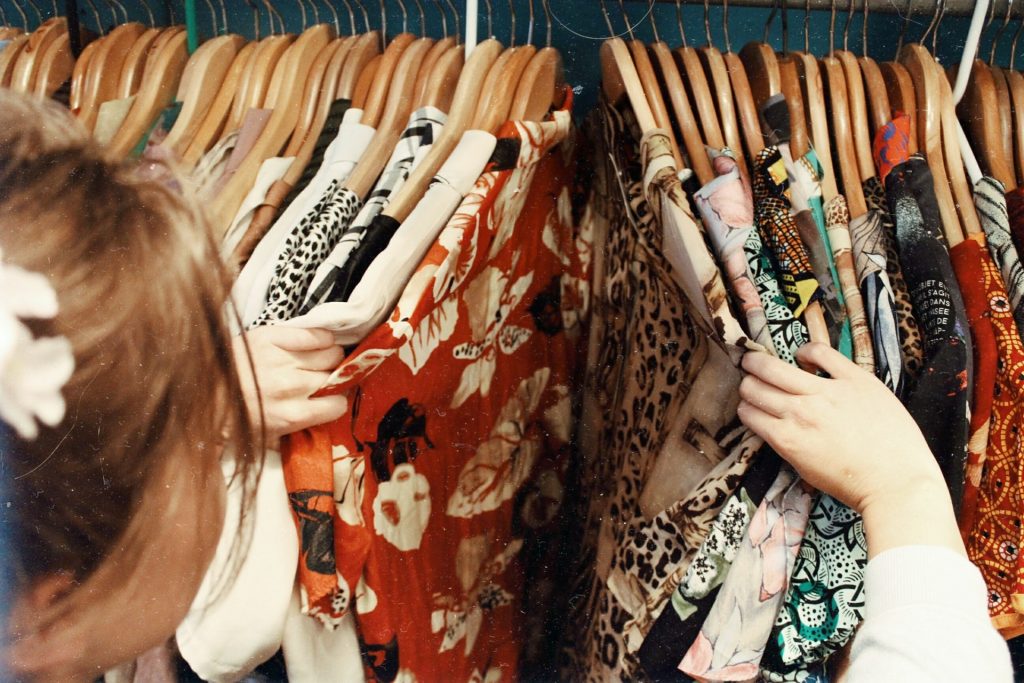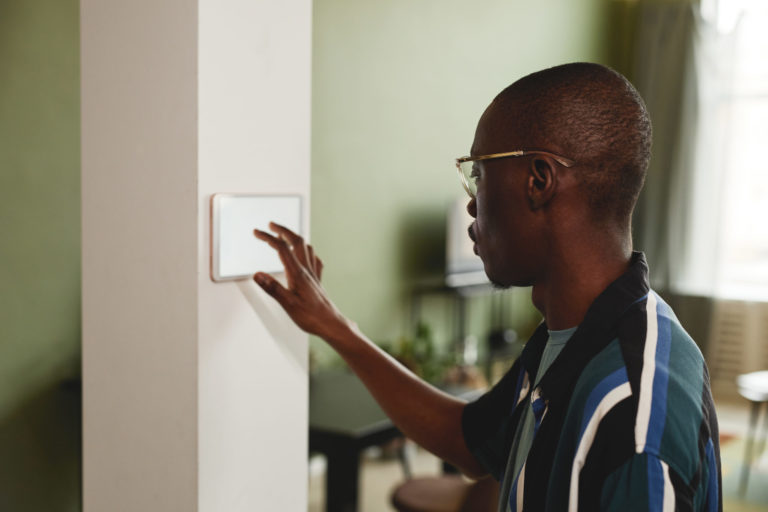COVID-19 is a respiratory disease, and symptoms include shortness of breath, chest pain, vomiting, headaches, sore throat, and fever. It can be fatal, and some people who survive COVID-19 are susceptible to long-term health issues from the disease. Since late 2019, there have been more than 8.5 million confirmed cases of COVID-19 worldwide.
Droplets living in the air or on surfaces transmit the virus. People who touch their faces after contact with the virus are most likely to get infected. The virus typically enters the body through orifices such as the nose and mouth. You can reduce the risk of contracting COVID-19 while shopping by implementing these tips.
Wear PPE

Personal protective equipment (PPE) includes face masks and gloves. Wear a face mask in public places to protect yourself from the virus. Manufacturers make reusable face masks out of polyester or polyester and spandex. These cloth face masks are machine washable. You will prevent yourself from expelling droplets on items or others if you wear a cloth mask. You will also protect your nose and mouth from potential exposure to droplets discharged by others.
Wear gloves while you are shopping to prevent the spread of coronavirus. Wearing gloves will prevent you from coming in direct contact with items that may have been touched by people with the virus. You can dispose of gloves safely once you are finished shopping.
Sanitize

Hand sanitizer can kill the coronavirus. Hand sanitizer must contain at least 60% n-propanol, isopropyl alcohol, or ethanol to be effective. Use hand sanitizer every time you handle an item someone else has touched if you aren’t wearing gloves. It would be best if you also used hand sanitizer every time you get in your vehicle in case someone has touched your car door.
Get in the habit of disinfecting surfaces regularly. Disinfect car doors, the steering wheel, the gear selector, and the exterior of your car’s trunk. You can also carry disinfectant wipes in your purse or pocket and use them to disinfect shopping carts or baskets you’re using.
Review Policies

Shop at stores that require all customers and staff to wear face masks. You may also prioritize shopping at stores that have installed plexiglass barriers around checkouts to reduce the risk of cashiers and shoppers exposing each other to the virus. Stores that have implemented safeguards to protect staff are more likely to prevent on-site contamination.
Some stores have also limited the number of shoppers allowed inside to promote social distancing while shopping. Stores have also added directional arrows to control the flow of traffic to prevent people from crossing paths in stores, which further reduces the risk of exposure. You can protect yourself from COVID-19 by supporting stores that implement effective safety protocols to prevent the spread of the disease.
Shipping and Delivery Services

You can use shipanon.com to receive items purchased online. You can track your packages and be confident that they are safely stored until you are ready to pick them up. Since the coronavirus can survive on cardboard for up to one full day, you can reduce your risk of exposure by waiting 24 hours to pick up packages.
You can opt to use pick-up services for your grocery purchases so that you do not need to go inside stores. You can place your order through store apps. Employees gather the items you have ordered and deliver them to the trunk of your car. You do not need to come in direct contact with anyone.
Safe Payment
Many bank cards and credit cards offer tap and pay. Use cards with touch pay to avoid letting others handle your cards to reduce your risk of exposure to the virus. You should also avoid using cash to pay for items. The coronavirus can live on money for several hours. Some governments have delayed processing currency from countries with high infection rates.





